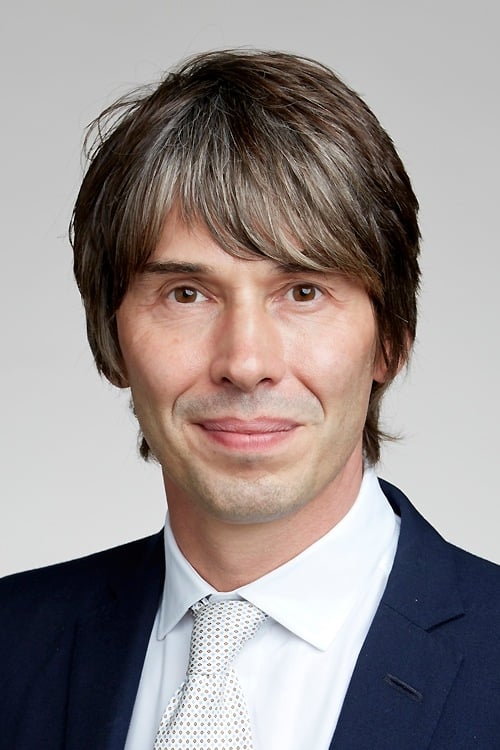Brian Cox
Birth : 1968-03-03, Oldham, Lancashire, England, UK
History
Brian Edward Cox, OBE, is a British particle physicist, a Royal Society University Research Fellow and a professor at the University of Manchester. He is a member of the High Energy Physics group at the University of Manchester, and works on the ATLAS experiment at the Large Hadron Collider (LHC) at CERN, near Geneva, Switzerland. He is working on the R&D project of the FP420 experiment in an international collaboration to upgrade the ATLAS and the CMS experiment by installing additional, smaller detectors at a distance of 420 metres from the interaction points of the main experiments.

With unique access to Nasa, Brian Cox follows Perseverance rover’s search for life on Mars during a critical seven-day period as it undertakes an epic journey across the red planet.
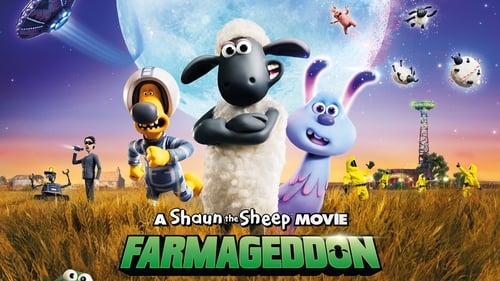
Self
When an alien with amazing powers crash-lands near Mossy Bottom Farm, Shaun the Sheep goes on a mission to shepherd the intergalactic visitor home before a sinister organization can capture her.

Self
Stargazing celebrates the 50th anniversary of the moon landing mission. Professor Brian Cox and Julia Zemiro imagine future space exploration, see what it takes to become an astronaut and investigate Australia's space agency.
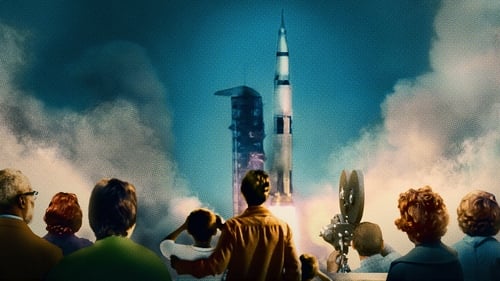
Self
On July 16, 1969, hundreds of thousands of spectators and an army of reporters gathered at Cape Kennedy to witness one of the great spectacles of the century: the launch of Apollo 11. Over the next few days, the world watched on with wonder and rapture as humankind prepared for its "one giant leap" onto the moon--and into history. Witness this incredible day, presented through stunning, remastered footage and interviews that takes you behind-the-scenes and inside the spacecraft, Mission Control, and the homes of the astronaut's families.

Narrator (archive sound)
How's it all gonna end? This experience takes us on a journey to the end of time, trillions of years into the future, to discover what the fate of our planet and our universe may ultimately be. We start in 2019 and travel exponentially through time, witnessing the future of Earth, the death of the sun, the end of all stars, proton decay, zombie galaxies, possible future civilizations, exploding black holes, the effects of dark energy, alternate universes, the final fate of the cosmos - to name a few.

Self - Presenter
Brian Cox and Robin Ince celebrate the 100th episode of their hit science/comedy show, by inviting some very well known monkey cage alumni to join them. Brian Blessed, Eric Idle, Katy Brand, Dave Gorman and Andy Hamilton (to name a few) take to the stage to consider what has been learnt since Episode 1, back in November 2009. Joining them are science royalty, including Alice Roberts, American astrophysicist Neil De Grasse Tyson, Prof Sue Black and Prof Fay Dowker, to look at the big scientific discoveries that have happened in the time since Brian and Robin first hit the airwaves.

Self
A new age of space exploration, and exploitation, is dawning. But surprisingly, some of the boldest efforts at putting humans into space are now those of private companies started by a handful of maverick billionaire businessmen. Beyond mass space travel, and even space mining and manufacturing, the dream of Elon Musk and others is true space exploration. His company, SpaceX, already delivers supplies to the International Space Station, and their next step is delivering astronauts too. But their true ambition is to ensure the survival of the human race by crossing our solar system and colonizing Mars in the next decade. Could commercial spaceflight companies eventually make us a space-faring civilization?

Self - Presenter
Eric Idle persuades Professor Brian Cox to present a lecture on the birth of the entire universe. Brian soon realises Eric is actually hosting a comedy and musical extravaganza.

Self
Eccentric aliens give a man the power to do anything he wants to determine if Earth is worth saving.
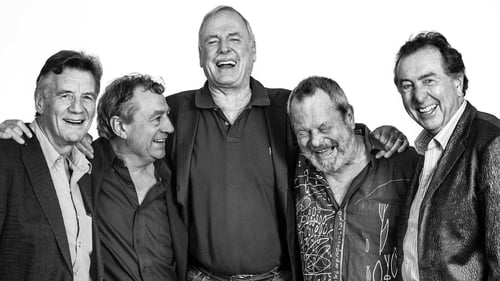
Self
With unprecedented access, this program reveals the humour, chaos and passion that went into bringing the Flying Circus to the stage cumulating in the legendary One Down, Five To Go.

Self
Professor Brian Cox is joined by two of his heroes, the actor Brian Blessed and Professor Alice Roberts. On the agenda are his TV idols from both science fiction and science fact, as well as a whole universe of other stuff.
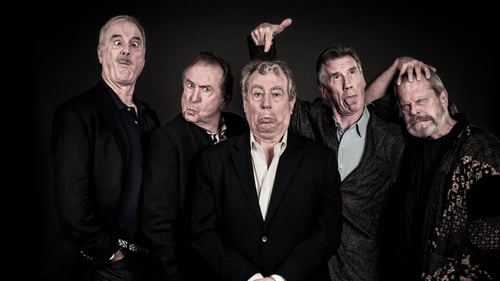
Self
Celebrate the last night of the Pythons on the big screen! - With John Cleese, Eric Idle, Terry Gilliam, Terry Jones and Michael Palin.

Self - Presenter
Britain's popular TV physicist, Professor Brian Cox explores the universe of the world's favorite Time Lord, revealing the science behind the spectacle and explaining the physics that allows Doctor Who to travel through space and time.

Self - Presenter
For one night only, Professor Brian Cox goes unplugged in a specially recorded programme from the lecture theatre of the Royal Institution of Great Britain. In his own inimitable style, Brian takes an audience of famous faces, scientists and members of the public on a journey through some of the most challenging concepts in physics. With the help of Jonathan Ross, Simon Pegg, Sarah Millican and James May, Brian shows how diamonds - the hardest material in nature - are made up of nothingness; how things can be in an infinite number of places at once; why everything we see or touch in the universe exists; and how a diamond in the heart of London is in communication with the largest diamond in the cosmos.
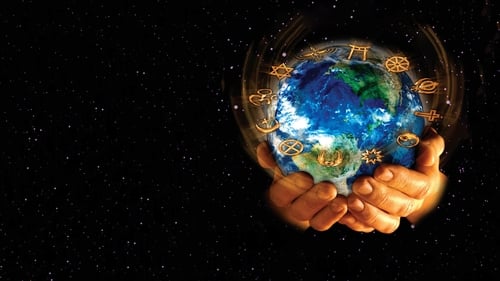
Self
An exploration of the notion of 'God' and World Peace through Religion, Spirituality, History, Science, Politics and Arts.

Self - Presenter
Professor Brian Cox visits Geneva to take a look around Cern's Large Hadron Collider before this vast, 27km long machine is sealed off and a simulation experiment begins to try and create the conditions that existed just a billionth of a second after the Big Bang. Cox joins the scientists who hope that the LHC will change our understanding of the early universe and solve some of its mysteries.

Scientific Consultant
Fifty years into the future, the sun is dying, and Earth is threatened by arctic temperatures. A team of astronauts is sent to revive the Sun — but the mission fails. Seven years later, a new team is sent to finish the mission as mankind’s last hope.

Self
An exploration into the various ways in which, within the circumstances of one day, civilisation could be brought to an abrupt end..
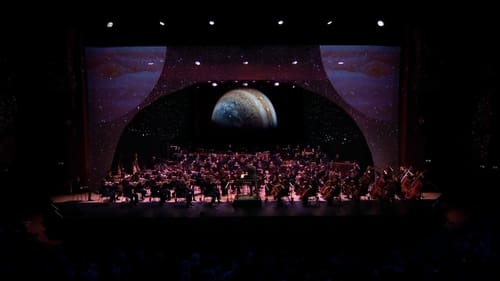
The BBC Symphony Orchestra, conducted by Ben Gernon, performs Gustav Holst’s masterpiece, The Planets, at the Barbican, 100 years after its composition. Professor Brian Cox introduces each movement against a backdrop of the very latest in planetary imagery.
